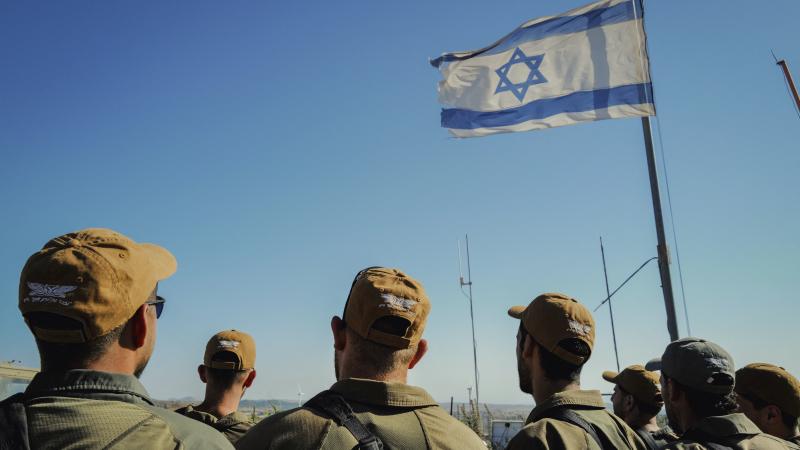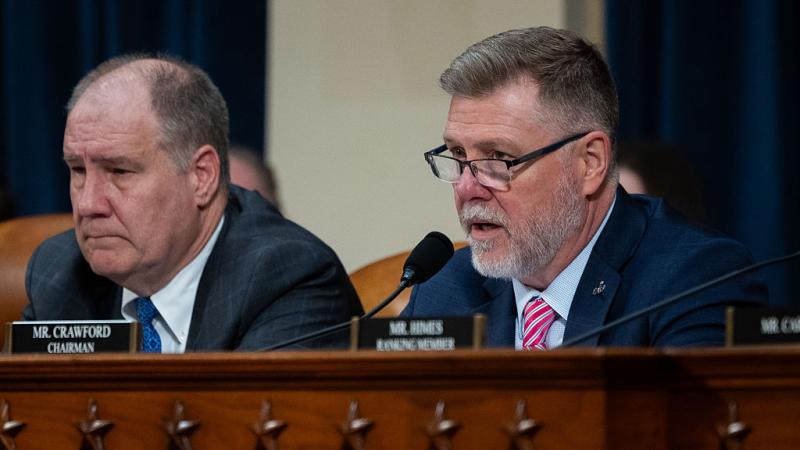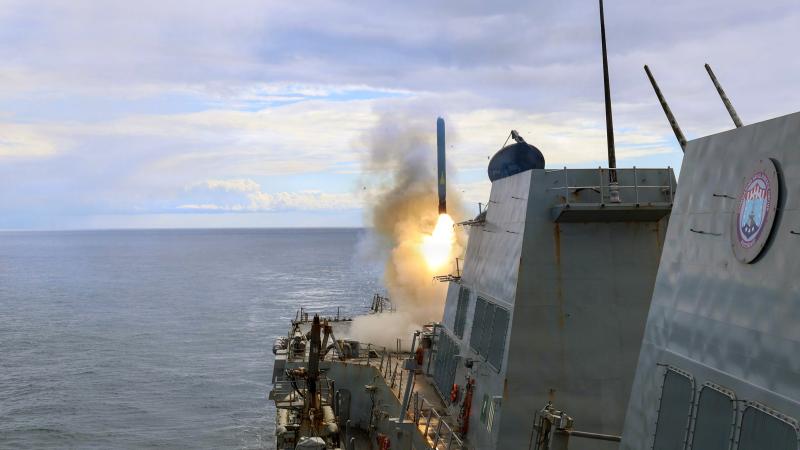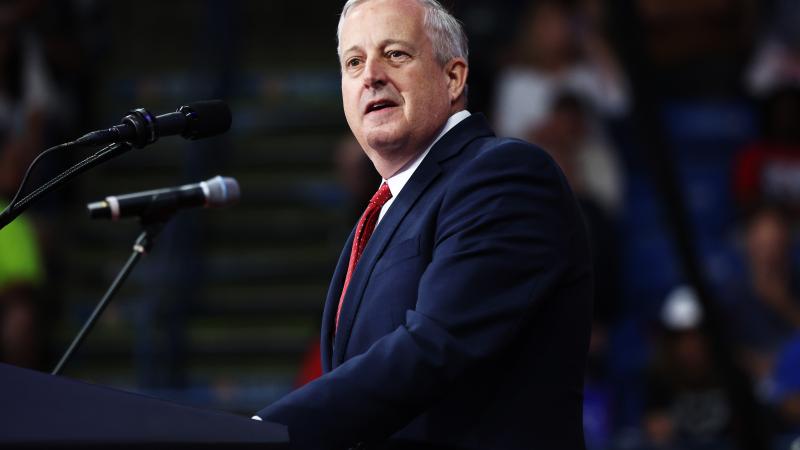Biden says Israel should not conduct strikes on UN peacekeepers in Lebanon
The IDF said that the firing at a UNIFIL post took place on Friday as its forces were operating against an “immediate threat against them,” and blames Hezbollah.
President Joe Biden said on Friday that Israel should stop conducting strikes on U.N. peacekeepers in Lebanon.
United Nations Interim Force (UNIFIL), the official name of the U.N. peacekeepers, said in a statement that its headquarters located in Naqoura were affected by explosions.
"Two peacekeepers were injured after two explosions occurred close to an observation tower," the statement reads. "One injured peacekeeper was taken to a hospital in Tyre, while the second is being treated in Naqoura."
Defense Secretary Lloyd Austin said earlier this week that he has concerns about the strike.
“Secretary Austin also emphasized the importance of ensuring the safety of UNIFIL forces in the area and urged coordinating efforts to pivot from military operations to a diplomatic pathway as soon as feasible,” the Pentagon said in a statement, according to The Hill.
The Israel Defense Forces said that the firing at a UNIFIL post took place on Friday as its forces were operating against an “immediate threat against them,” according to The Jerusalem Post. The IDF added that it blames Hezbollah for operating so close to the UN post.
Tensions in the Middle East continue to surge after Iran launched a series of about 200 ballistic missiles at Israel earlier this month, which was in retaliation for Israel killing Hezbollah leader Hassan Nasrallah in Lebanon just days earlier.
After the 2006 Lebanon War, the UN Security Council passed Resolution 1701, which was supposed to result in the disarming of Hezbollah and the restoration of full Lebanese sovereignty in southern Lebanon, according to JNS.
But instead, Hezbollah has flourished and since October 8 of last year has fired an estimated 10,000 rockets at Israel as they proclaimed solidarity with Hamas in Gaza. Both are U.S.-designated terror groups and Iranian proxies.













